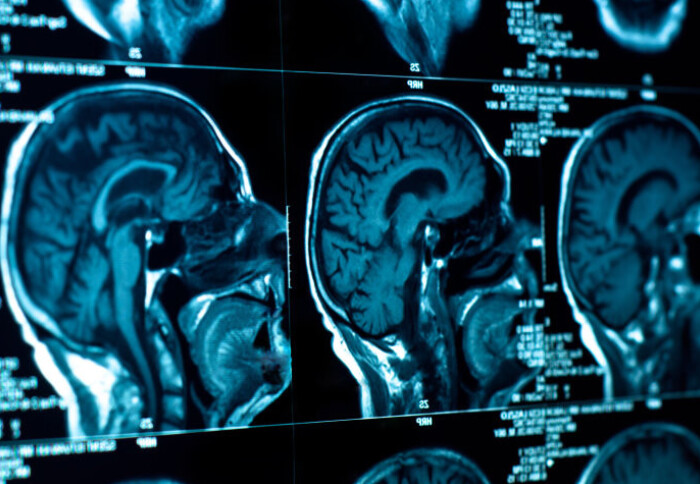Drug could boost chemotherapy to treat aggressive brain tumours
by Meesha Patel

Imperial researchers have discovered a drug which could boost the effectiveness of chemotherapy to treat aggressive brain tumours in adults.
Scientists at the Brain Tumour Research Centre of Excellence at Imperial College London, used a drug called FK866, or daporinad, to block production of a chemical called Nicotinamide adenine dinucleotide (NAD) which gives cancer cells the high levels of energy they need to grow quickly. This chemical plays a key role in aggressive brain tumours called glioblastoma (GBM) where tumours grow and spread very quickly.
The team found that the drug boosted the effectiveness of the chemotherapy drug called temozolomide in both tumor cells in the lab and mouse models.
Lead author Dr Richard Perryman from the Department of Brain Sciences said: “Our previous work in ovarian cancer suggested targeting NAD could be a new way to kill cancer cells, so we wanted to see if it did the same for brain cancer. But blocking NAD alone may not be enough; ideally, we want to improve the effectiveness of the treatment that patients with GBM already receive.”
The potential to treat brain cancers
Around 3,200 people in the UK are diagnosed with a glioblastoma (GBM) every year, and will have surgery, radiotherapy and chemotherapy, or a combination of these, as treatments.
"We hope this early-stage work paves the way for clinical trials that, if successful, could become another weapon in an oncologist’s armoury to treat people with Glioblastoma.". Dr Richard Perryman Department of Brain Sciences
One of the chemotherapy drugs used to treat GBM is temozolomide. But people live, on average, for just 12-18 months after they are diagnosed and treatments have not changed in 20 years.
This discovery could lead to discoveries for new treatment plans or options for people diagnosed with gliobalastomas.
Dr Richard Perryman continued: “We are really excited to discover FK866 could boost temozolomide’s effects and that it reduced the size of brain tumours in mice. We are now generating more data that could lead to an early phase clinical trial. We hope this early-stage work paves the way for clinical trials that, if successful, could become another weapon in an oncologist’s armoury to treat people with GBM.”
Dr Karen Noble, Director of Research, Policy and Innovation at Brain Tumour Research, said: “We are delighted to see this early-stage research from the Imperial team being published that could ultimately become a new way to boost existing treatments for people with a particular type of glioblastoma. We urgently need to discover new and better treatments to offer hope to people affected by glioblastoma. Early-stage research like this is crucial to discover new treatments and to give people with glioblastoma more options. They deserve a better outlook than they have right now.”
The study is published in the journal Cancers.
Citation: Richard Perryman, Tsz Wing Chau, John De-Felice, Kevin O’Neill and Nelofer Syed (2024) ‘Distinct Capabilities in NAD Metabolism Mediate Resistance to NAMPT Inhibition in Glioblastoma’, Cancers, 16(11), 2054. https://doi.org/10.3390/cancers16112054
The Brain Tumour Research Centre of Excellence at Imperial College London is working to improve the diagnosis and treatment of adults with high-grade glioma, including glioblastoma (GBM), the most common primary high-grade brain tumour in adults.
Brain Tumour Research funds sustainable research at dedicated centres in the UK. It also campaigns for the Government and larger cancer charities to invest more in research into brain tumours in order to speed up new treatments for patients and, ultimately, to find a cure. The charity is the driving force behind the call for a national annual spend of £35 million in order to improve survival rates and patient outcomes in line with other cancers such as breast cancer and leukaemia.
This article has been adapted from a press release by Brain Tumour Research.
Article text (excluding photos or graphics) © Imperial College London.
Photos and graphics subject to third party copyright used with permission or © Imperial College London.
Reporter
Meesha Patel
Faculty of Medicine Centre